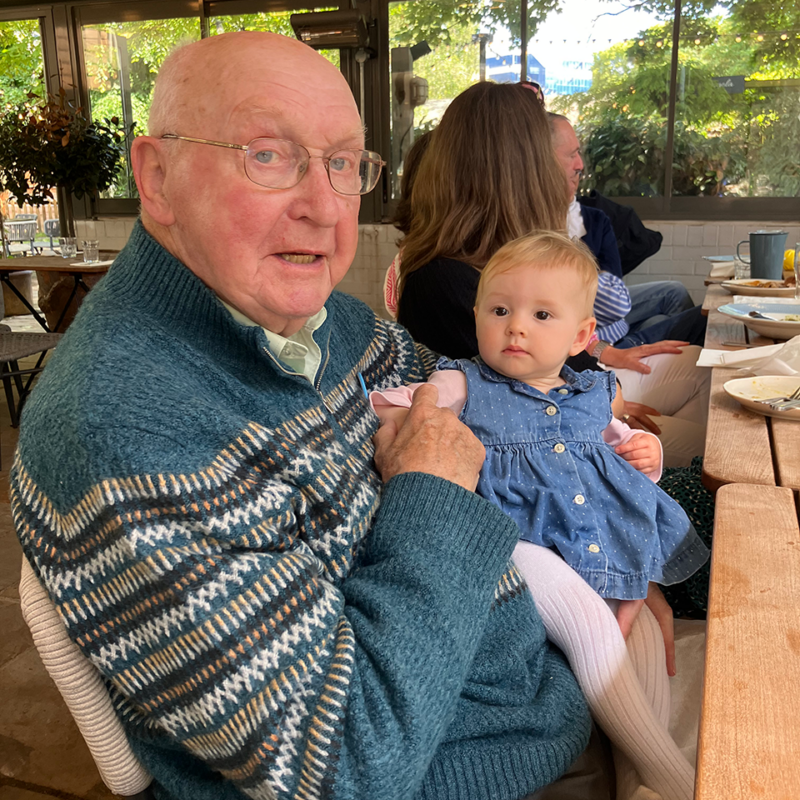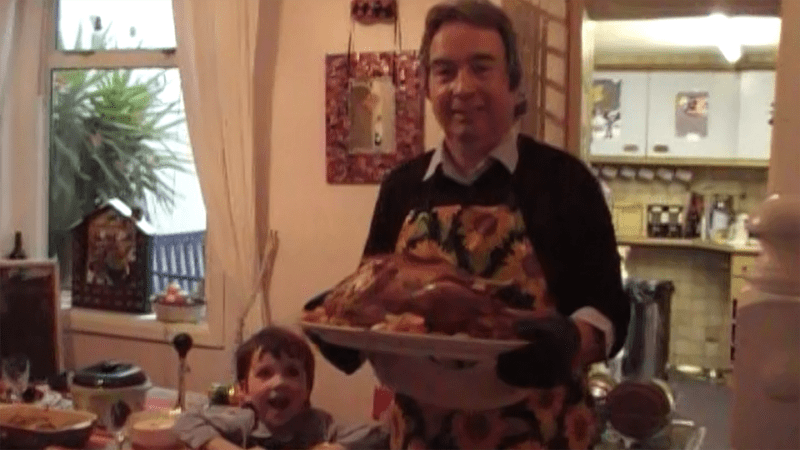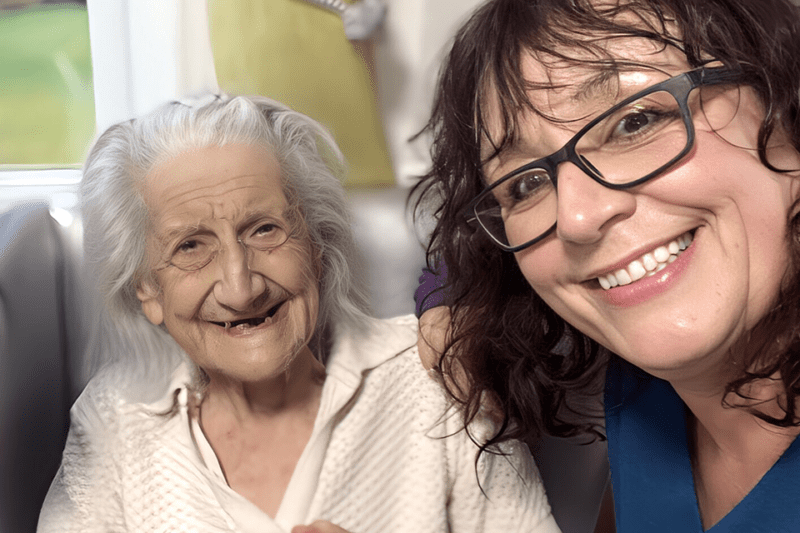
Caring for Dad, from near and afar – Simon’s story
Simon, who has lived in New Zealand for two decades, discusses how he cares for his dad who has Alzheimer’s disease and lives alone in the UK.
The death of someone close is one of the most difficult experiences many of us will ever face. Read our advice on finding your way through the grieving process.
Grief is a natural response to loss. Everyone reacts and feels differently, but the grieving process involves making sense of what has happened and adjusting to life without the person who has died.
In the early days, many people feel numb. Managing practicalities like registering the death and arranging the funeral may keep you busy and be a distraction.
People often then experience a strong sense of loss as the reality sinks in.
But grief is unpredictable, and your thoughts and feelings may come and go unexpectedly.
When someone close to you has dementia, you may experience a sense of loss even before they have died. This is called ‘anticipatory grief’.
This may happen if:
Anticipatory grief is completely normal and may happen at any point during the progression of the person’s dementia.
It does not mean that you are giving up on the person or love them any less.
And while it can feel just as intense as an actual bereavement, it does not mean that you’ll feel any more or less grief after the person has died.
When you’re grieving, you may experience a range of emotions that can come and go at any time.
These include:
After someone has died, many people think a great deal about the events leading up to the loss, dwelling on ‘if onlys’ and imagining how things might have been different.
You may sometimes briefly forget that the person has died, particularly when you wake in the morning.
Some people imagine seeing the person or hearing their voice.
Many people have a lot of questions about what has happened and why. This may make you think about the meaning of life, your relationships with others, or your own mortality.
Grief may cause physical symptoms such as:
Everyone reacts differently to a loss.
There may be times when you want to be alone, and times when you want company, or to talk about your grief.
At others, you may feel short-tempered and resist offers of help.
If you had a caring role, you might feel a sudden loss of purpose, or feel isolated if regular contact with care professionals has stopped.
You may find that some people are very supportive, while others feel uncomfortable talking about your bereavement and choose to avoid the subject.
If family and friends are finding it difficult to support you, it may help to talk to a professional or join a support group for people who are grieving.
Here are some things you could do to help you through this difficult time:
Many people find it helpful to maintain a ‘continuing bond’ with the person who has died. This is healthy, and may include:
There’s no set amount of time that you ‘should’ grieve for, so it’s important to give yourself as much time as you need.
For some people, grieving can be lifelong, with emotions resurfacing from time to time – such as on birthdays and anniversaries.
Most people learn to live with their loss over time. This does not mean ‘getting over’ your grief or forgetting the person who has died – it just means you have found ways to adapt.
It is natural to find grieving very difficult, and to need support.
If you feel your grief is unrelenting and is affecting your physical or emotional health, speak to your GP for advice.
If you feel severely depressed or suicidal, it’s important to seek immediate help. Contact a health professional or call Samaritans free on 116 123.
You can also talk to a dementia specialist Admiral Nurse on our free Dementia Helpline. Call 0800 888 6678 (Monday-Friday 9am-9pm, Saturday and Sunday 9am-5pm, every day except 25th December), email helpline@dementiauk.org or you can pre-book a phone or video call at a time to suit you.
Our virtual clinics give you the chance to discuss any questions or concerns with a dementia specialist Admiral Nurse by phone or video call, at a time that suits you.

Simon, who has lived in New Zealand for two decades, discusses how he cares for his dad who has Alzheimer’s disease and lives alone in the UK.

Janet shares her experience caring for husband Ben and how they maintained the joy of Christmas after his diagnosis.

Shara reflects on her journey caring for Anna, her mother, who was diagnosed with vascular dementia in 2016.